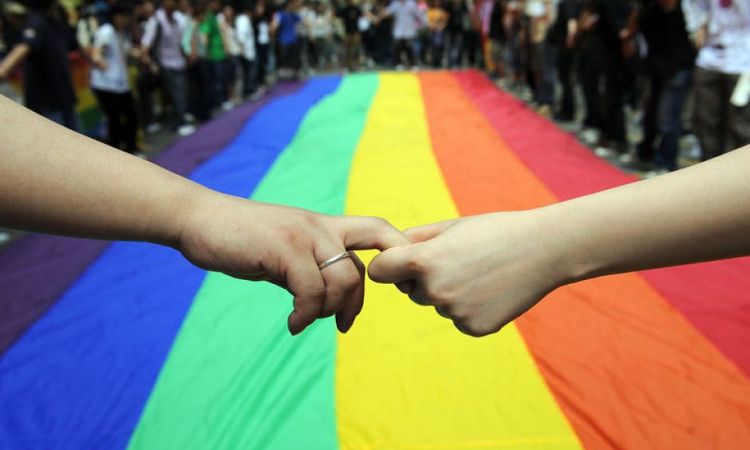The Central Government has constituted a six-member committee to examine various issues relating to the queer community as directed by the Supreme Court in its judgement in “Supriyo v Union of India”.The Committee is headed by the Cabinet Secretary and comprises the Secretaries of the Department of Home, Ministry of Women and Child Development, Department of Health and Family...

